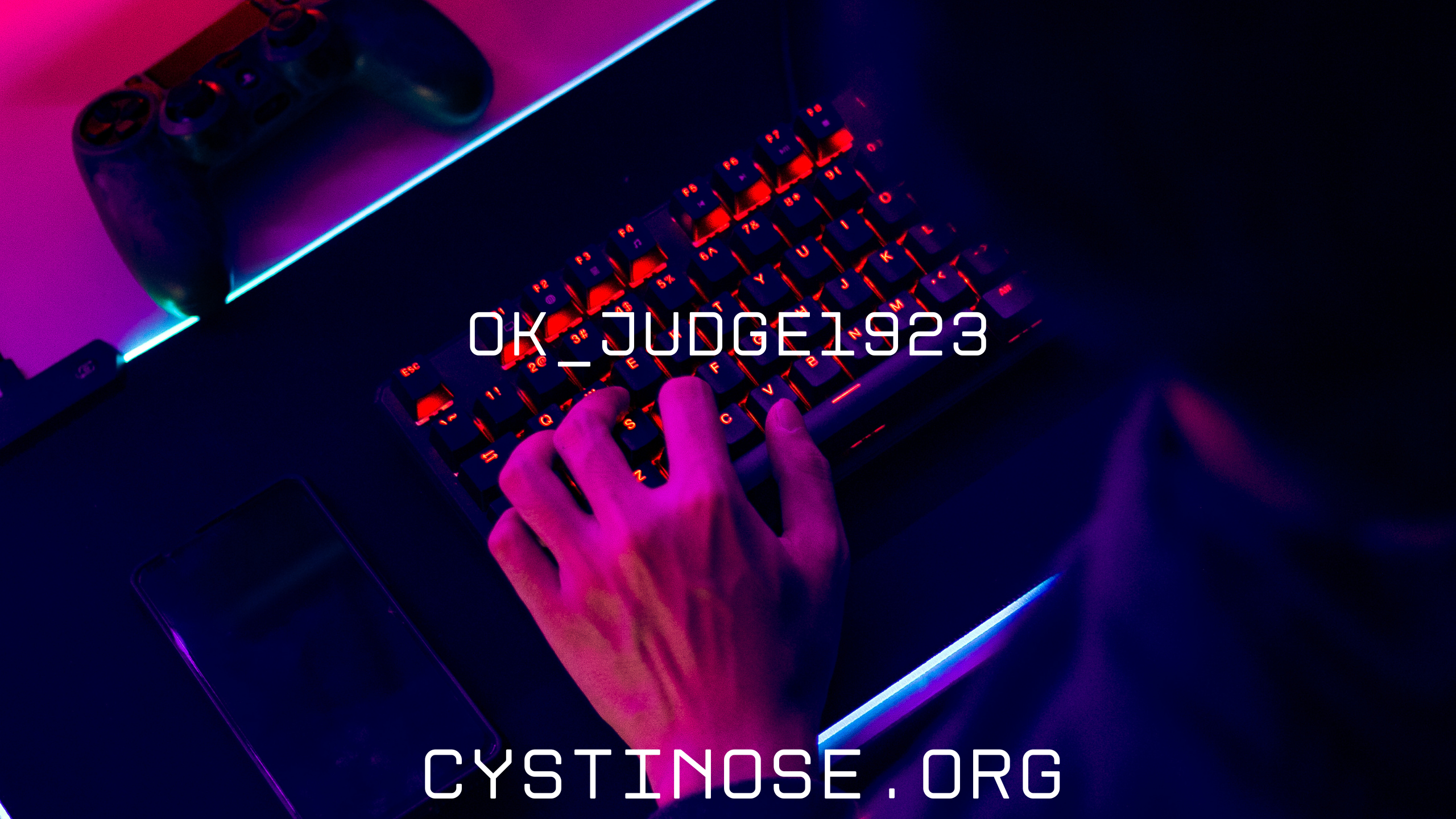
Expanding your business beyond the borders of the United States necessitates learning about international employment laws and practices. When it comes to employment, almost everything is different, sometimes significantly, overseas. The topic is complicated and you will need to consult expert legal help as you proceed, but the following is a brief introduction to some of the most major differences you can expect to encounter.
Table of Contents
Employees vs. Contractors
First, you cannot hire a foreign contractor using a US contract; the contract will not be legal, and you leave yourself exposed to hefty penalties and fines if you try. Second, in the event of a conflict, even with a legal contract, it’s common for contractors to be treated as employees by international courts, meaning that they are deemed to be due the same benefits and withholdings as employees.
At-Will Employment
In the United States, at-will employment is standard practice. “At-will” means that the employee can quit, or the employer can terminate employment with almost no restrictions. Sure, there are a handful of laws that protect both sides from mistreatment, but by and large, either party can walk away at-will. This understanding simply does not exist outside of the United States. Employers must have cause to terminate employment, and local laws govern exactly what causes justify termination. This makes hiring an international employee much riskier because once you hire them, you won’t be able to get rid of them easily if there’s a problem.
Exempt vs. Hourly Employees
Very few employees overseas are considered exempt; generally, only the highest executives meet these criteria. As a result, you can expect to pay overtime for nearly every international person you employ.
Background Checks

Human resources professionals agree that safe hiring practices require that every new hire be subject to some level of a background check. For international employees, background checks are much more complicated than in the US. The laws governing the collection and use of personal information vary greatly from location to location, so compliance is thorny. Some locales may not allow any access at all to the types of information you are accustomed to reviewing for US hires while some will constrain your ability to use the information you’re able to gather for hiring decisions. These legal issues, combined with distance and language barriers, significantly slow down the background check process. It’s a good idea to use a professional background screener to assist with international pre-employment background checks. These firms are well versed in the complexities of international laws and have local investigators who know where to go to find the information you need to make wise hiring decisions.
If you’re uncertain how to proceed with international hiring decisions, consult your attorney. Asking the right questions ahead of time will help you find the talent you need to move your newly global business forward.



.svg)


